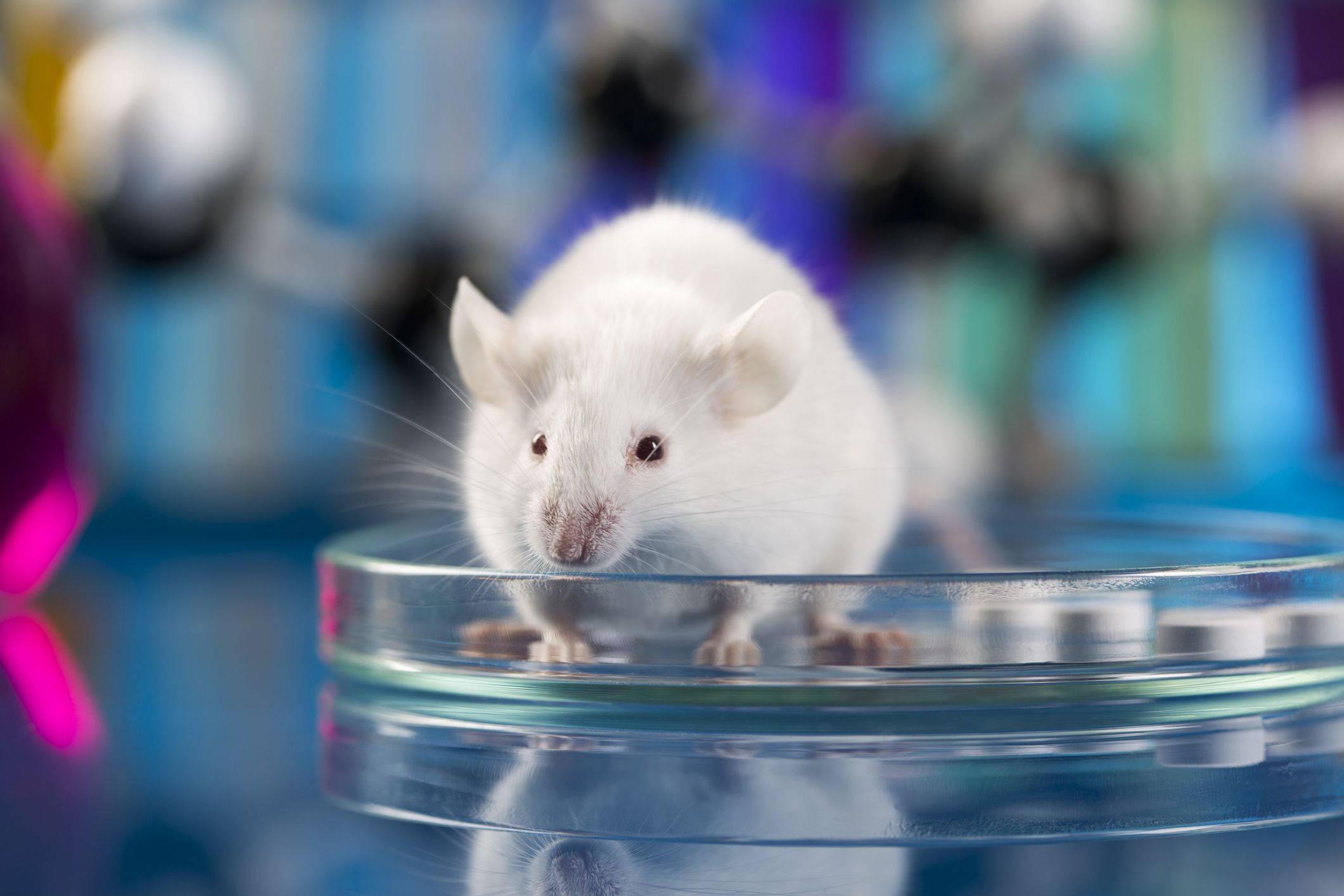
Transplanting bone marrow from young mice into old has been found to prevent cognitive decline by helping to preserve memory and the ability to learn. While the research is far, far from having any implications for human health, it does add to a growing body of evidence about the role blood cells play in aging.
The research, published in the journal Communications Biology, was building on previous research that showed how transfering blood or plasma from young mice to old could restore cognitive function. The researchers, led by Melanie M. Das of the Cedars-Sinai Medical Center, said it is thought these benefits were the result of specific proteins that suppress brain aging—however, the mechanism behind this is unknown.
In their study, the team wanted to see if bone marrow—which produces blood cells—would have the same affect.
They carried out bone marrow transplants in 18 month old mice, transplanting marrow from mice that were the same age, or far younger—four months old. After six months, the mice were tested for activity level, learning ability and spatial and working memory. Findings showed the mice that had received the young bone marrow performed far better than those with marrow from the older mice. They also scored better than mice in a control group that did not receive a bone marrow transplant.
Brain scans showed that the mice given the young bone marrow had more synapses—brain connections—between neurons in the hippocampus than those which received told bone marrow. Researchers think the improved performance could be related to a specific immune cell in the brain—the microglia. Normally, the microglia supports the brain, but when it becomes overactive it can help disconnect synapses. In the young bone marrow mice, the blood cells being made reduced the activation of the microglia, causing more synapses remaining active for longer.
"While prior studies have shown that introducing blood from young mice can reverse cognitive decline in old mice, it is not well understood how this happens," Helen Goodridge, one of the senior authors on the paper, said in a statement. "Our research suggests one answer lies in specific properties of youthful blood cells."
The research is extremely preliminary and any possible implications relating to cognitive decline in humans will be many years away—if ever. Furthermore, there is no indication relating to the safety or long-term impact of such experiments.
This was reiterated on Tuesday, when the Food and Drugs Administration (FDA) warned against using companies that provide blood transplants from young donors. "We have significant public health concerns about the promotion and use of plasma for these purposes," the FDA said in a statement. "There is no proven clinical benefit of infusion of plasma from young donors to cure, mitigate, treat, or prevent these conditions, and there are risks associated with the use of any plasma product.
"Today, we're alerting consumers ad health care providers that treatments using plasma from young donors have not gone through the rigorous testing that the FDA normally requires in order to confirm the therapeutic benefit of a product and to ensure its safety. As a result, the reported uses of these products should not be assumed to be safe or effective. We strongly discourage consumers from pursuing this therapy outside of clinical trials under appropriate institutional review board and regulatory oversight."
Uncommon Knowledge
Newsweek is committed to challenging conventional wisdom and finding connections in the search for common ground.
Newsweek is committed to challenging conventional wisdom and finding connections in the search for common ground.
About the writer
Hannah Osborne is Nesweek's Science Editor, based in London, UK. Hannah joined Newsweek in 2017 from IBTimes UK. She is ... Read more





